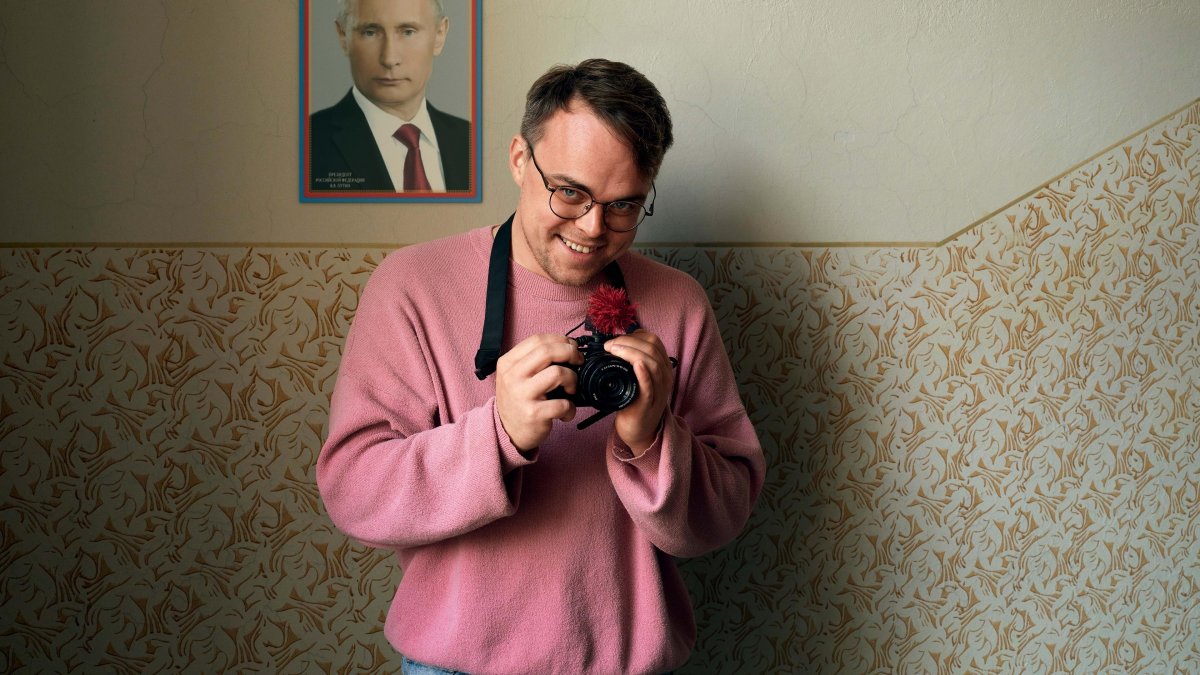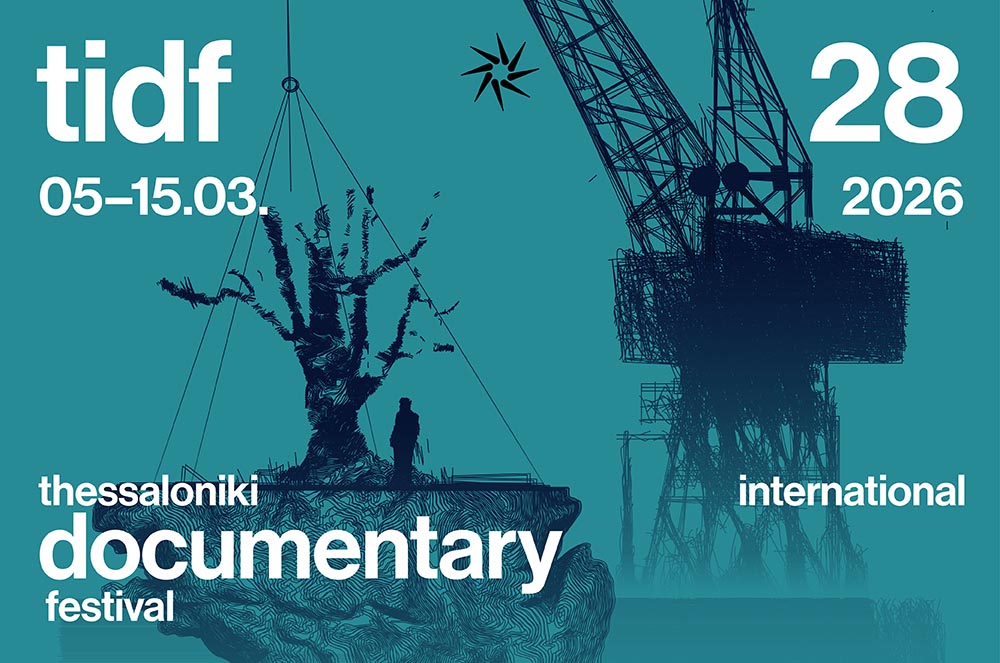We are happy to announce that the Europa Cinemas Best Programming award goes to the four cinema screens of the Thessaloniki Film Festival: Olympion, Pavlos Zannas, John Cassavetes and Stavros Tornes. The award is an important recognition, especially at this time of unprecedented challenges faced by cinemas all over Europe.
News
For more information please contact Press and Communication Department.
23rd Thessaloniki Documentary Festival: From March to summer
www.filmfestival.gr
Preparations for the 23rd Thessaloniki Documentary Festival have already begun. The TDF returns dynamic, subversive and hybrid, in the midst of a difficult situation that the pandemic has created. The 23rd TDF will start on March 4, however its events and screenings will continue well into the summer of 2021.
Directors’ Corner: Friday November 13th
www.filmfestival.gr
The fifth in a series of online meetings, open to public, hosting directors of both competition sections, International Competition and Meet the Neighbours, as well as the directors of the Greek films of the 61st Thessaloniki International Film Festival program, was held on Friday November 13th, on the Festival’s You Tube Channel. The audience had the opportunity to meet the directors: Siamak Etemadi (Pari), Angeliki Antoniou (Green Sea), Christos Nikou (Apples), Vasilis Papatheocharis (Vasy’s Odyssey) and Dani Rosenberg (The death of cinema and my father too). Yorgos Krassakopoulos, the head of the film festival program, moderated the discussion, held in the frame of the Agora events.
61st TIFF: The awards
www.filmfestival.gr
The 61st Thessaloniki International Film Festival was concluded with great success, receiving the audience’s love in every possible way. More than 80,000 viewers and movie industry professionals watched the films and attended the Festival’s online events, whereas a large number of films were sold out. Agora, the Festival’s development branch, also achieved a great attendance, offering support to Greek cinema through a series of new initiatives, actions, and awards.
Directors’ Corner: Thursday November 12th
www.filmfestival.gr
The fourth in a series of online meetings, open to public, hosting directors of both competition sections, International Competition and Meet the Neighbours, as well as directors of the Greek films of the 61st Thessaloniki International Film Festival, was held on Thursday November 12th, at 17:00, on the Festival’s YouTube Channel. The audience had the opportunity to meet the directors: Janis Rafailidou (Kala Azar), Johan Karlsen (Death on the Streets), Elpiniki Voutsa- Rentzepopoulou (Who Will Be Eaten), Ivan Ikić (Oasis) and Nora Martyrosyan (Should the Wind Drop). Elena Christopoulou moderated the discussion, held in the frame of the Agora events.



















